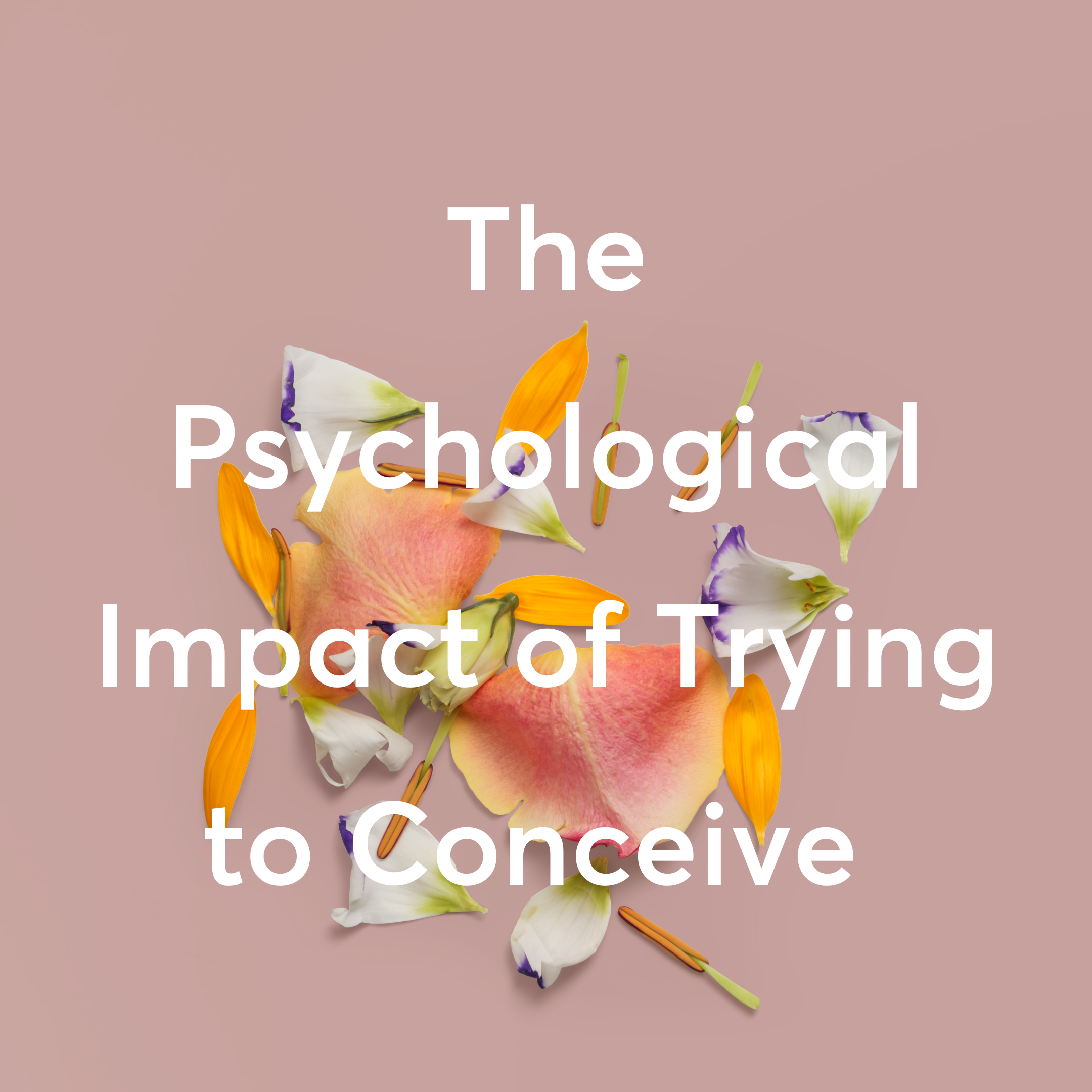
Trying to conceive (TTC) can be an emotional journey filled with highs and lows.
Even under the best of circumstances, it can bring a host of emotions and uncertainties.
For those facing challenges or delays in getting pregnant, the psychological impact can be profound. At Naître, we recognise the importance of addressing these often less-spoken aspects, and we strive to provide resources and support for those navigating this challenging journey.
The Emotional Landscape of TTC
The TTC journey can bring a wide range of emotions, from anticipation and excitement to frustration and disappointment. Feelings of anxiety or impatience may surface, particularly as time passes without a positive pregnancy test. Understanding that these feelings are a common and valid response to the challenges of TTC is the first step towards managing them. It's important to allow yourself to feel these emotions and seek support when they become overwhelming.
The Strain on Relationships
Trying to conceive can place considerable stress on relationships. It can alter the dynamics between partners, leading to feelings of disconnect, resentment, or blame. It's essential to keep communication lines open, expressing feelings honestly and respectfully. It's also important to remember that everyone copes differently, and being patient with yourself and your partner is crucial.
Mental Health Implications
The psychological stress associated with TTC can lead to more serious mental health concerns, such as anxiety and depression. Recognising the signs and seeking professional help is vital. Therapists specialising in fertility issues can provide valuable tools and strategies to cope with these challenges.
Tips for Managing the Psychological Impact
- Seek Support: It's crucial to have a support system in place. This could be a trusted friend or family member, a support group, or a mental health professional. Naître's community is also a valuable resource, offering support, understanding, and shared experiences.
- Prioritise Self-Care: Taking care of your physical health can also benefit your mental health. Regular exercise, a balanced diet, and adequate sleep can help manage stress and improve mood. Mindfulness practices like meditation and yoga can also be beneficial.
- Stay Informed: Understanding your fertility health, the process of conception, and what to expect can help reduce anxiety and feelings of uncertainty. Naître provides educational resources and expert advice to empower you on your TTC journey.
- Consider Therapy: A therapist specialising in fertility issues can provide strategies for managing stress, improving communication, and dealing with grief or loss. Cognitive-behavioural therapy, in particular, has been found to be effective in managing the psychological stress of TTC.
- Remember Your Strengths: Remember that you are more than your TTC journey. You have strengths, passions, and dreams that define you. Keeping these aspects of your identity in focus can provide a sense of balance and resilience.
Navigating the psychological impact of TTC is a challenging but vital part of the journey. As we observe World Infertility Awareness Month, we at Naître want to emphasise that you're not alone. We're here to provide resources, support, and a community that understands and cares.






